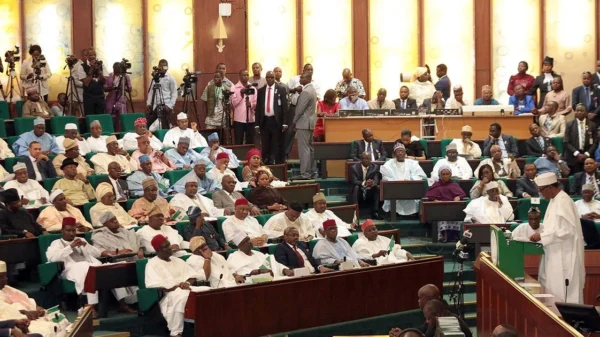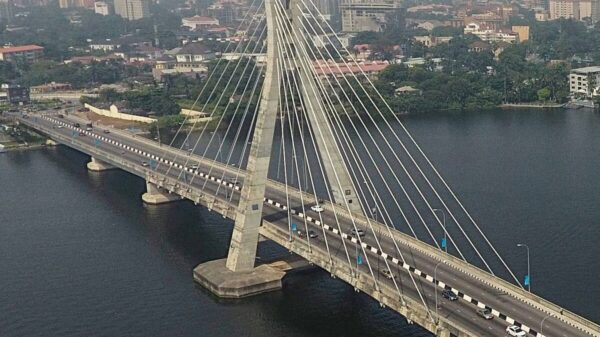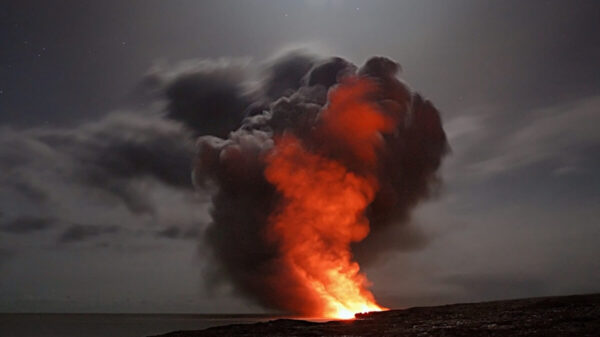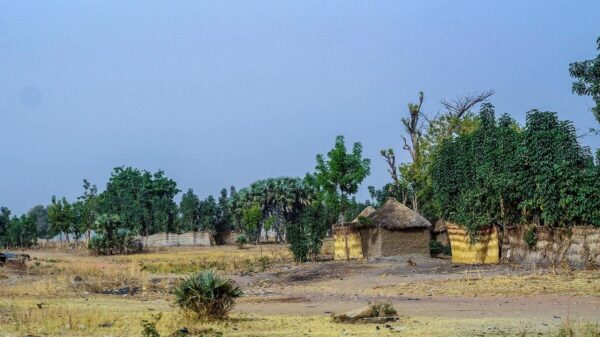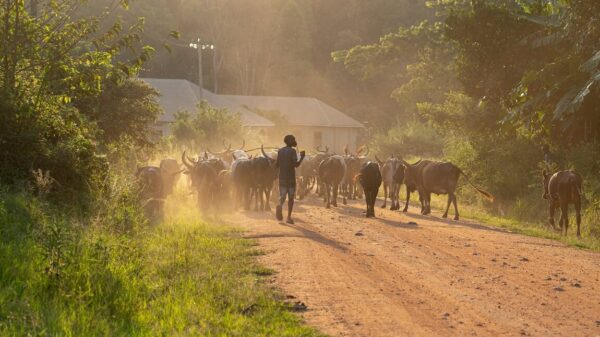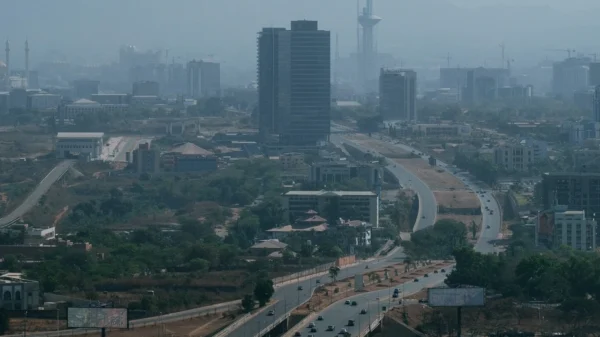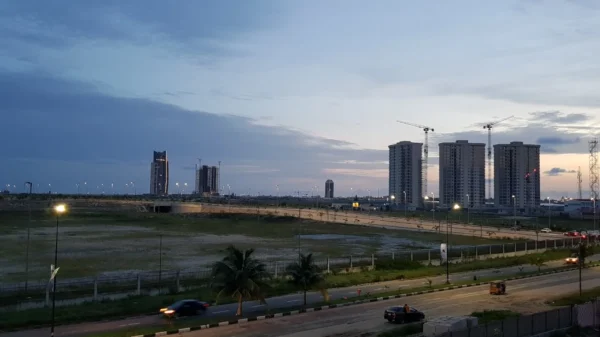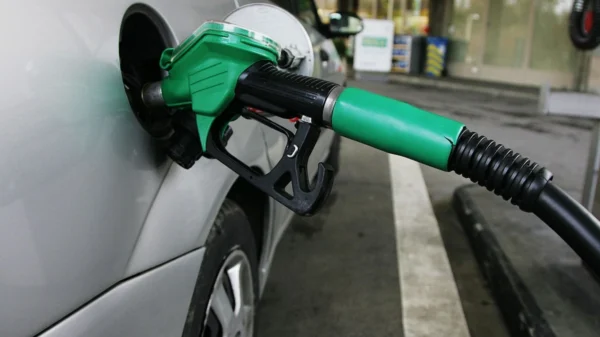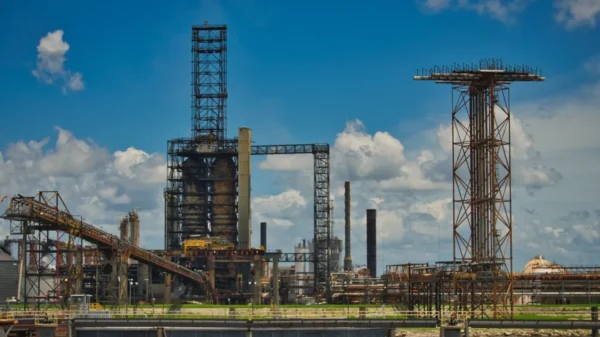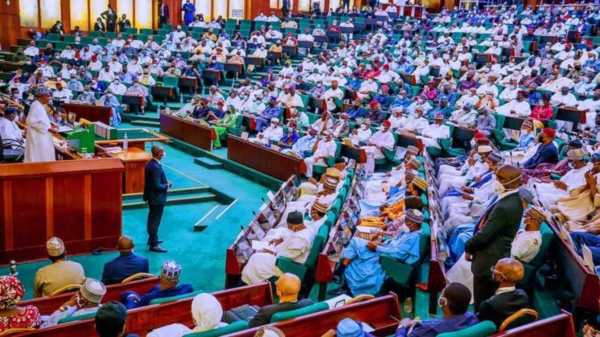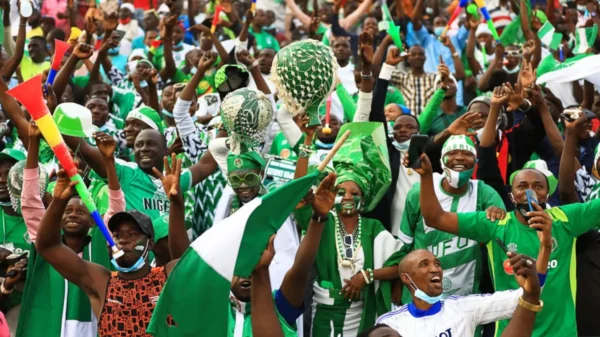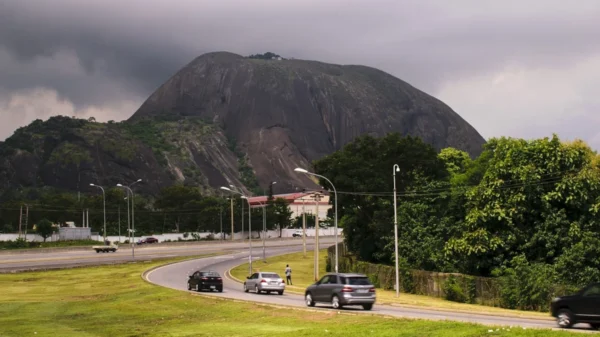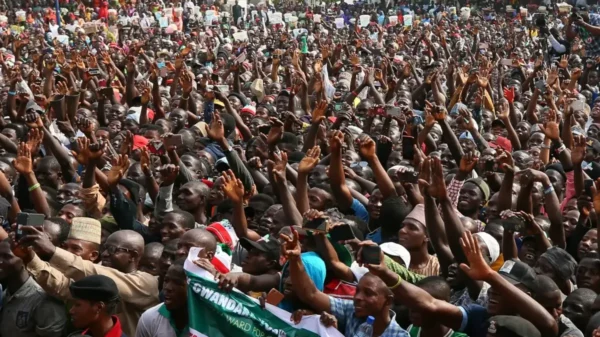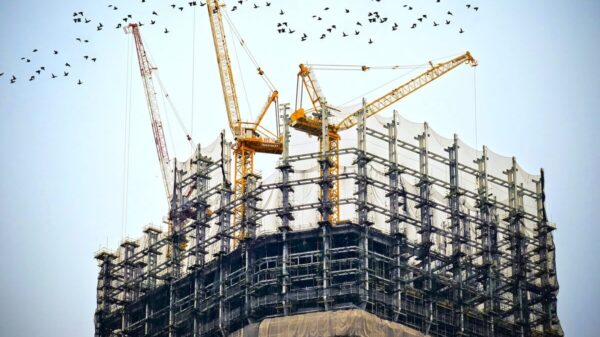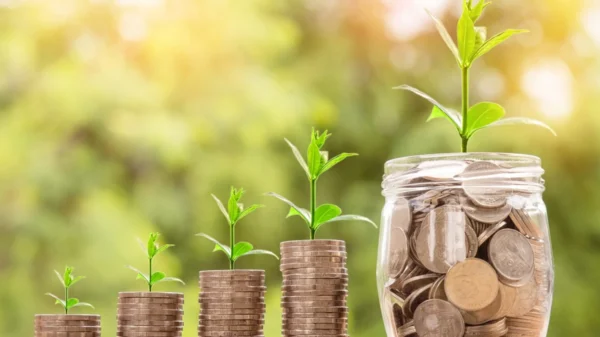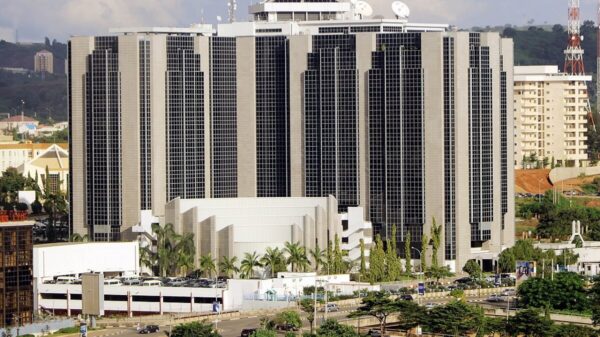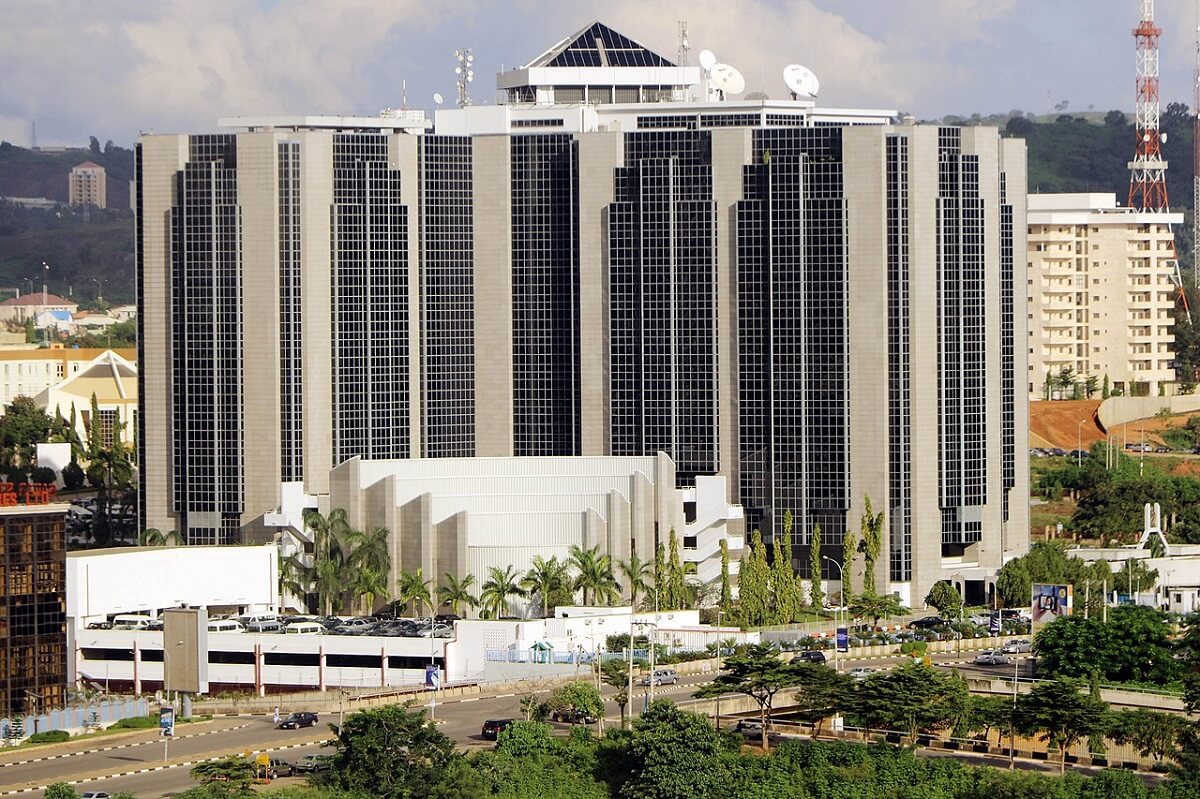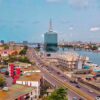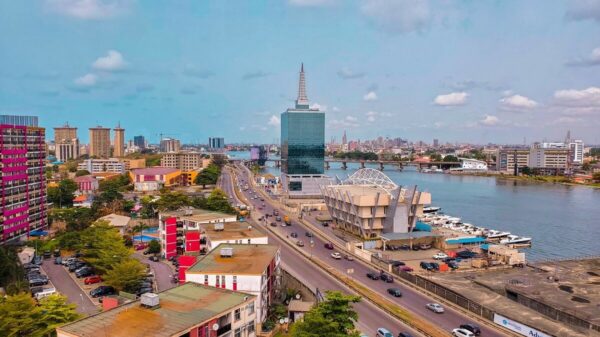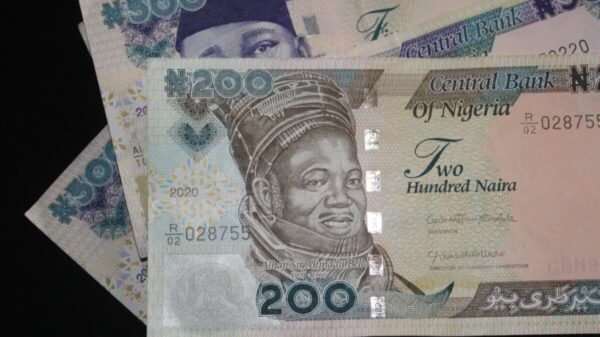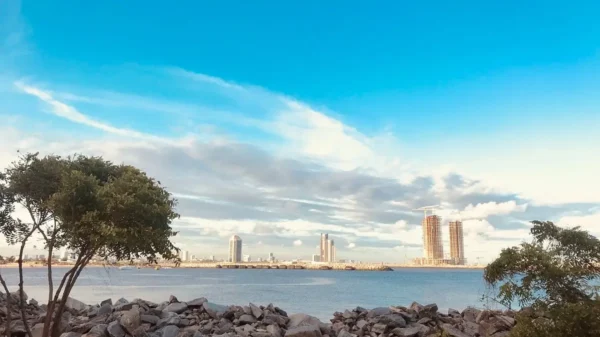The central bank of a country is its apex monetary authority. A central bank is charged with the responsibility of ensuring price stability, producing and distributing its country’s currency. In addition to other responsibilities not listed here, central banks act as a lender of last resort. And so, none of this is any different for the Central Bank of Nigeria (CBN).
The issue of raising or reducing interest rate directly ties in with the mandate of ensuring price stability. Simply put, when the CBN increases interest rates; it increases the cost of credit for both the commercial banks and consumers. It affects the rate at which banks lend to each other, and the rate at which they can borrow from the CBN. It also determines what banks can charge customers as interest rate on their savings account as well as what they can charge customers for loan facilities.
Let’s take it one after the other.
In order to discourage banks from running to the Central Bank for quick fix liquidity (and remain the lender of last resort), commercial banks are encouraged to lend to one another, usually on an overnight basis. The interest rate they charge themselves is anchored to the CBN’s interest rate, otherwise known as the monetary policy rate (MPR).
Secondly, there are two ways the CBN manages liquidity in the Nigerian financial system, by either mopping up excess liquidity or injecting funds into the system when there is low liquidity. In terms of mopping up liquidity, the banks can deposit excess liquidity with the CBN under the Standing Deposit Facility window (SDF). The interest rate of the SDF is monetary policy rate minus 7. At the current – as of September 13, 2022 – monetary policy rate of 14%, it means that a commercial bank earns 7% on its funds under the SDF window. Alternatively, when there is low liquidity and banks are in dire need of funding, they can approach CBN for funds either through the Intraday Lending Facility (ILF), which is taken and paid back within the day at no interest. There is also the Standing Lending Facility (SLF), which is monetary policy rate plus 1 i.e. 15% and the Tenored Repo with the same interest of monetary policy rate + 1%.
In addition, commercial banks anchor their lending interest rate to the monetary policy rate, using it as the lowest interest rate possible that can be charged to customers. On the other hand, the interest rate that a customer can gain from his savings account with a commercial bank, provided he doesn’t withdraw more than four times in a month, is 30% of the monetary policy rate, at the minimum. This encourages customers like the average Joe to retain funds in their account to get an interest and reduce currency in circulation. The ripple effect of that is that it may address inflation in a country.
Central banks across the world have had to increase interest rates to ease the inflation pressure that was birthed from the Covid-19 Pandemic and Russia-Ukraine war. However, as with most things, this is not a silver bullet to address the myriads of issues facing the Nigerian economy.
Bondi is a development finance practitioner still figuring out life and how development works.


